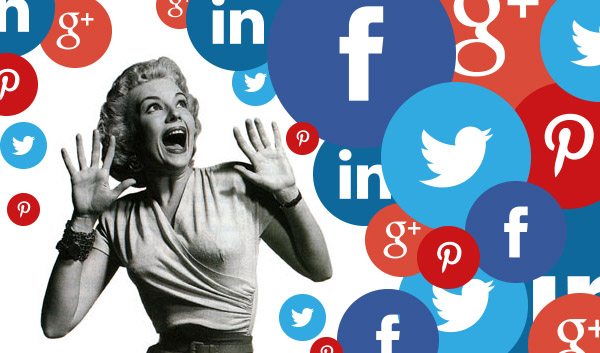Facebook, Instagram, Snapchat, oh my! From Facebook feeds to Instagram likes, how do we balance staying active on social media without becoming consumed by it? Read on for our mindful tips on how to stop posting useless things on social media.
As you know the whole social media world has been under a microscope these past few weeks and it should be as research shows most people are active on at least one network. In 2018, India alone had 225 million social network users and that number is estimated to rise to over 370 million by 2022.
The high usage isn’t a bad thing, social media can have benefits: it’s a way to connect with others, show case some life highlights/memories and stay up-to-date on current trends. However, when we don’t approach it with a healthy perspective, its negatives can overtake its positive including taking up too much of our time, amplifying feelings of insecurity and/or isolation.
How can we ensure our social media usage (particularly our use of Facebook, Snapchat and Instagram) is helpful, not harmful to us? Try these tips:
- Acknowledge it has emotional impact: To prevent something from becoming a problem, we have to acknowledge the potential is has to become one. According to Forbes, there’s six ways social media can negatively impact our mental health including being addictive, amplifying feelings of jealousy/comparison and social isolation (e.g. seeing event postings after they have occurred, can make us feel left out).

- Set aside social media time: Do you ever find yourself mid-task but get distracted by what feels like a magnetic pull to check your social media? Do you open your Instagram for a quick check but end up losing track of time? The average person spends almost two hours a day on social media. South Asian well-being expert Deepak Chopra recommends dedicating a specific amount of time in the day to social media. Doing this helps us better manage our time by preventing it from slowly consuming different parts throughout our day and splitting our attention.
- Face your feelings before you Facebook them: Happiness and anger are natural human emotions that can trigger an impulse to instantly react. However before posting a statement on social media, ask yourself is it really necessary? Ask yourself what you hope to accomplish and if you’ve faced your feelings before you post them to prevent oversharing and/or posting something in the heat of any moment.

- Understand the power of Photoshop: Feel bad about yourself after looking at that picture of a perfectly symmetrical face and thin body? Chances are it’s been edited. It’s not just celebrities and marketing campaigns using Photoshop: approximately 68% of adults edit their selfies before sharing them. Next time you start to slip into comparison mode, remember to treat yourself with kindness; if you don’t love yourself, getting likes on a picture is just a temporary fix to a deeper rooted problem. Working on our insides is more important than portraying a picture perfect outside.
Main Image Photo Credit: www.nibletz.com
Rachna Sethi
Author
Rachna (@thesassyspiritual) is a graduate of the Applied Mindfulness Meditation program from the University of Toronto, a certified Educator with two bachelor degrees and a diploma in Art Therapy. She's dedicated to living with a compassionate approach. Committed to helping people integrate Mindfuln...


















































































































